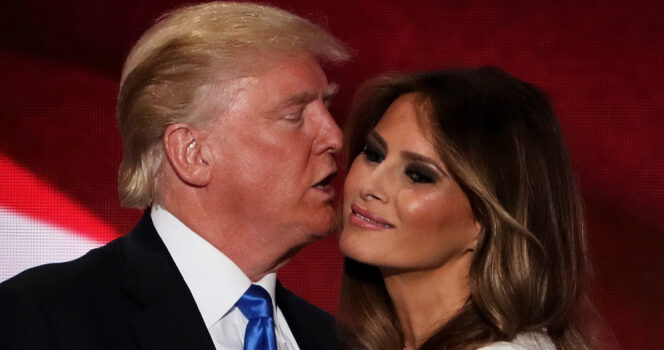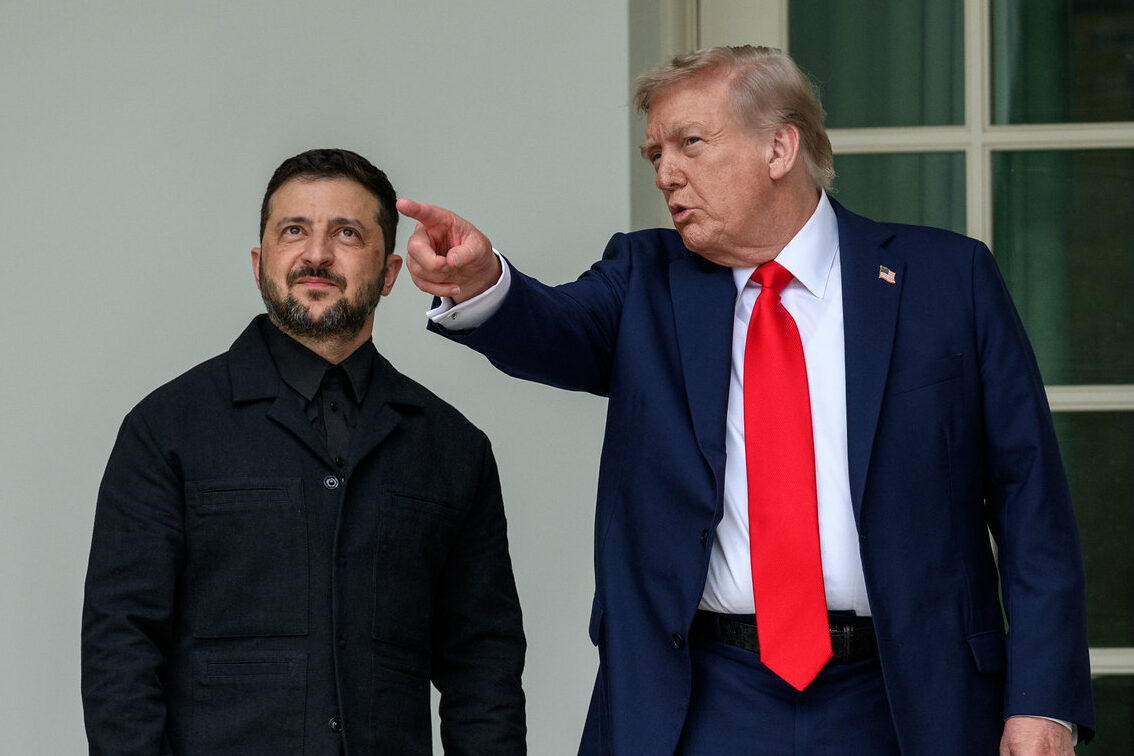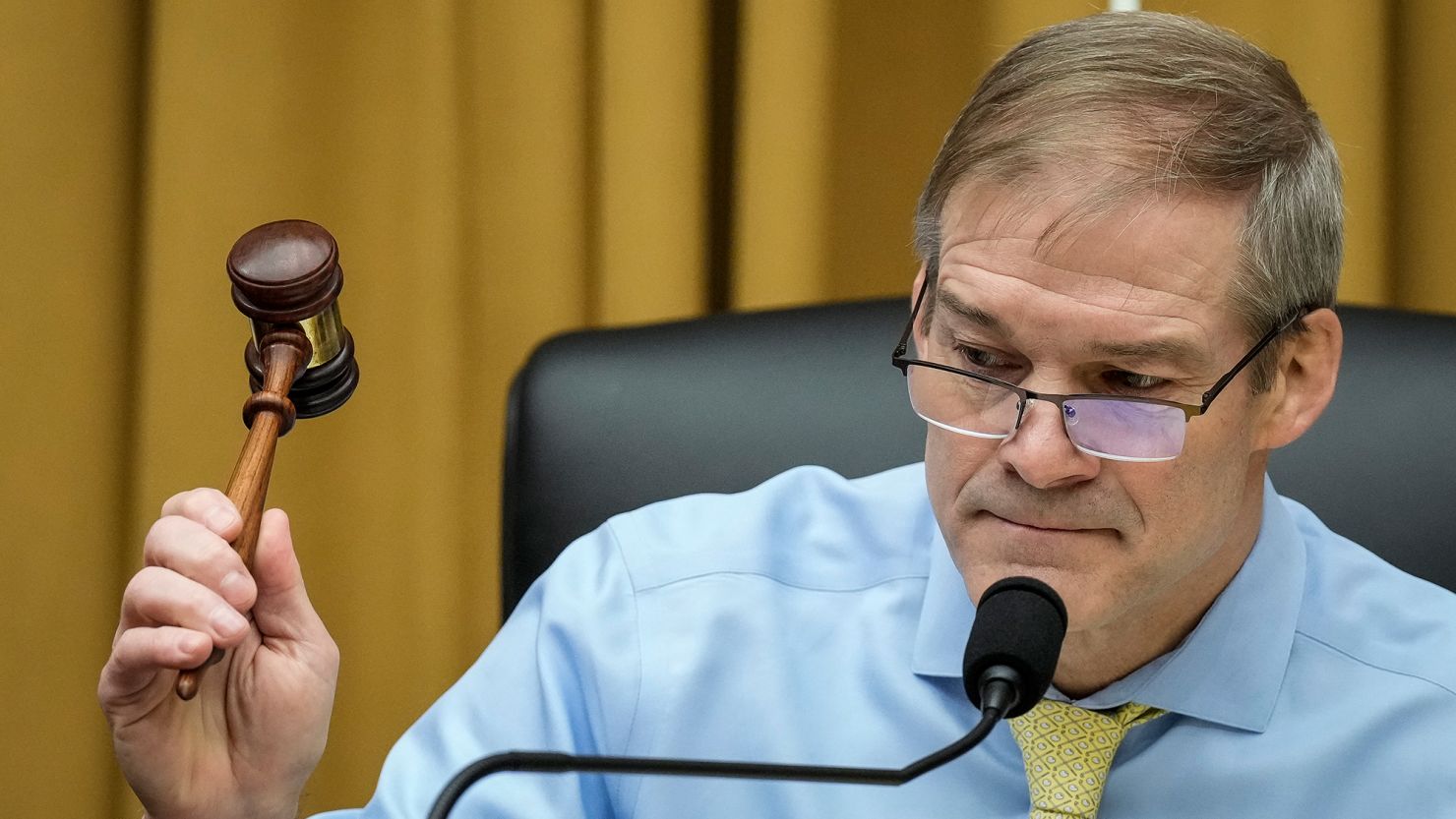Donald Trump admits Melania loves someone more than him

At a press conference meant to spotlight global diplomacy, Donald Trump ended up giving reporters a glimpse into something far more personal: his family life.
During a joint appearance with Ukrainian President Volodymyr Zelenskyy, the president suddenly shifted gears from international affairs to his wife, Melania Trump.
From peace talks to family talk
Volodymyr Zelenskyy’s visit to the White House on August 18 came with plenty of buildup. It followed Donald Trump’s meeting with Vladimir Putin in Alaska and was surrounded by speculation — especially given how things played out the last time.
But round two at the White House went much smoother. Zelenskyy arrived wearing a French-style army jacket made from military canvas, complete with four patch pockets. The look was closer to a field coat than a suit, but still came across as more fitting — at least judging by Trump’s reaction.
The discussion originally centered on peace efforts in Ukraine. But Trump surprised the room by bringing up a heartfelt letter Melania had written to Russian leaders, where she pleaded for an end to the suffering of children caught in the war.

According to Trump, his wife has been deeply shaken by the images of young lives lost to violence. “She loves her son. She loves children. And she hates to see something like this happening. And that goes for other wars, too. I mean, she sees the heartbreak, the parents, the funerals that you see on television. Always funerals. We want to see something other than funerals,” he told reporters.
Then came the line that had the room laughing: “She’s got a great love of children, she has a wonderful son that she loves probably more than anybody, including me, I hate to say it.”
It was a rare, candid moment that showed not just Melania’s priorities but also the dynamic inside the Trump household.
A mother first
Melania ha kept a lower public profile during Trump’s second term, choosing to stay focused on her family rather than Washington’s social scene.
Her friends and those close to her often point out that her number one priority has always been her 19-year-old son, Barron, and making sure he lives as normal a life as possible despite being in the public spotlight.
Melania Trump has made it her life mission to defend and support her son, and as a parent, who wouldn’t?
Donald has acknowledged her influence before. Back in his first term, he credited her with pushing him to address youth vaping, explaining that her passion came from concern about their son’s well-being and the broader dangers to children.
Forensic lip reader reveals
Those who follow the First Lady closely know she’s not just a guiding hand at home— she’s also stepped in at crucial public moments.
One of the clearest examples came earlier this year during Pope Francis’ funeral in Rome on April 26, 2025, which also happened to be Melania’s 55th birthday.
Despite the personal timing, Melania, a practicing Catholic, viewed attending the funeral as an honor. She dressed in a black ensemble with a traditional veil, while Donald drew attention for showing up in a midnight-blue suit and even being spotted chewing gum during the ceremony.

When he hesitated to participate in the “sign of peace” ritual, it was Melania who leaned in and quietly urged him to follow the protocol.
A forensic lip reader later noted that she prompted him to shake hands with nearby world leaders, including Estonia’s president Alar Karis, Spain’s King Felipe VI, Queen Letizia, and French President Emmanuel Macron. That subtle nudge prevented what could have been a very awkward moment on the world stage.
Balancing public duty and private faith
Sources close to Melania say she practices her faith privately and rarely speaks about it publicly. Even so, attending the pope’s funeral was deeply meaningful to her. While some might have preferred to spend their birthday in celebration, a friend noted that Melania “had no objection to spending her birthday morning at the funeral and planned to celebrate afterward.”
She became the first Catholic First Lady since Jackie Kennedy, and her presence at St. Peter’s Square alongside world leaders — including Prince William, King Philippe and Queen Mathilde of Belgium, and Emmanuel Macron—was a reminder of the quiet but significant role she plays on the international stage.
Whether it’s writing to world leaders about children in conflict zones or discreetly guiding her husband through ceremonial missteps, Melania Trump has made it clear where her heart lies.
And if Donald Trump’s words are anything to go by, there’s no question about who she holds dearest: her son.
Rep. Jim Jordan has just unveiled a game-changing bill that could redefine who’s eligible to lead America


Jim Jordan’s “American Birth” Bill Sparks National Debate Over What It Means to Be Truly American
WASHINGTON — A new bill introduced by Representative Jim Jordan (R-Ohio) has set Washington ablaze with controversy, reigniting one of the oldest and most divisive questions in American politics: What does it mean to be American enough to lead?
The proposed legislation, formally titled the “Born American Act,” would require that anyone seeking the presidency, vice presidency, or a seat in Congress be born on U.S. soil — effectively barring naturalized citizens from holding the nation’s highest offices.

Supporters call it a matter of patriotism and constitutional integrity. Critics denounce it as xenophobic, exclusionary, and fundamentally un-American.
And in a political climate already stretched thin by partisanship, Jordan’s bill may become the next ideological fault line to split the nation.
The Proposal: “American by Birth, American by Duty”
Unveiled at a press conference on Capitol Hill, Jordan’s bill lays out a simple but sweeping mandate: only individuals born in the United States to at least one American citizen parent would be eligible to run for or hold federal elected office.
“Our leaders should have roots that run deep into the soil of this country,” Jordan told reporters. “They should understand — not just intellectually, but instinctively — what it means to live and breathe American freedom.”
The congressman argued that the bill is designed to “preserve the founding spirit” of the nation, ensuring future leaders are grounded in its culture, values, and constitutional traditions.
“This is not about exclusion,” he added. “It’s about ensuring that those who make the laws of this land have lived under them their entire lives.”
The proposed amendment would go beyond the existing constitutional requirement that the president be a “natural-born citizen” — a term that has historically included people born abroad to American parents.
If passed, it would bar naturalized citizens — even those who have spent decades in the country — from running for president, vice president, senator, or representative.

The Backlash: “A Step Backward”
Within hours of the bill’s announcement, backlash was swift and fierce.
Civil rights advocates, immigrant groups, and constitutional scholars denounced the proposal as discriminatory and anti-immigrant.
Senator Alex Padilla (D-Calif.), the son of Mexican immigrants, called the bill “a betrayal of everything this nation stands for.”
“We are a country built by immigrants, defended by immigrants, and renewed by immigrants,” Padilla said. “To suggest that only those born here can lead here is not patriotism — it’s fear.”
The American Civil Liberties Union (ACLU) issued a statement calling the proposal “a dangerous and unconstitutional attempt to create two classes of citizenship.”
“This bill doesn’t strengthen democracy,” the statement read. “It weakens it by suggesting that birthplace, not merit, defines one’s love of country.”
Legal experts have also questioned whether the bill could withstand judicial scrutiny.
Professor Linda Chavez, a constitutional scholar at Georgetown University, noted that while Congress can regulate eligibility for congressional office through legislation, changing presidential qualifications would require a constitutional amendment — a process that demands ratification by three-fourths of the states.
“This proposal, in its current form, has no path forward without a constitutional amendment,” Chavez explained. “But the symbolism of it — that’s what will resonate politically.”
A Political Chess Move?
Some analysts see Jordan’s proposal less as a realistic piece of legislation and more as a strategic political message.
By introducing the Born American Act in the run-up to a high-stakes election season, Jordan is effectively staking a claim on one of the Republican Party’s most enduring talking points: the protection of “American identity.”
Dr. Nathan Klein, a political analyst at the Brookings Institution, described the bill as “performative nationalism.”
“Jordan knows this bill won’t pass — at least not in this Congress,” Klein said. “But that’s not the point. The point is to force Democrats to take a position that can be portrayed as ‘anti-American’ or ‘soft on immigration.’”
Indeed, Jordan’s rhetoric at the press conference echoed broader themes from recent GOP messaging — linking national pride, border security, and citizenship under a single, emotionally charged banner.
“We’re losing sight of who we are,” Jordan said. “This bill is a reminder that being an American is more than paperwork — it’s heritage, it’s sacrifice, it’s home.”
America’s Identity Debate
The firestorm surrounding the Born American Act comes amid a larger cultural debate about identity and belonging in a rapidly changing nation.
The United States has more foreign-born residents today than at any time in its history — over 45 million, according to U.S. Census data. Many are naturalized citizens who serve in the military, work in public service, and contribute billions to the economy.
For some, the idea that such citizens could never hold the country’s top offices feels like a repudiation of America’s core promise: that anyone, regardless of birthplace, can rise through merit and hard work.
“If Alexander Hamilton were alive today, he’d be disqualified under Jordan’s bill,” quipped one historian, noting that the founding father himself was born in the West Indies.
Immigrant advocacy organizations have also warned that such legislation could further polarize an already fractured electorate.
“This is not just about who runs for office,” said Maria Gomez, director of the National Coalition for Immigrant Rights. “It’s about who counts as fully American.”
The Road Ahead

Despite its explosive debut, the Born American Act faces long odds in Congress. With Democrats controlling the Senate and President Biden almost certain to veto any such measure, the bill is unlikely to become law in its current form.
Still, its political impact may be far-reaching. By injecting questions of loyalty, belonging, and identity into the 2026 campaign cycle, Jordan has ensured that the debate over what it means to be “truly American” will remain front and center.
“Legislation like this isn’t just about law,” said Klein. “It’s about storytelling. It’s about shaping how Americans see themselves — and who they think belongs in the story.”
The Question That Remains
In a way, the controversy surrounding Jordan’s bill reflects a paradox at the heart of the American experiment: a nation founded by immigrants, still struggling to define who gets to claim its future.
To its supporters, the Born American Act is a safeguard — a reaffirmation of loyalty and heritage. To its critics, it’s a betrayal of the very ideals it claims to defend.
But perhaps the deeper truth lies in the tension between those two visions.
Because for all the outrage and rhetoric, the question remains the same — one as old as the republic itself:
Who gets to call themselves American?
And maybe, just maybe, that’s the conversation Jim Jordan always wanted to start.




